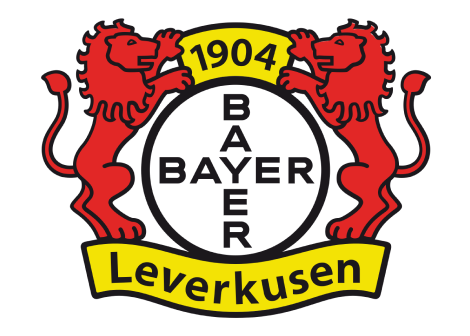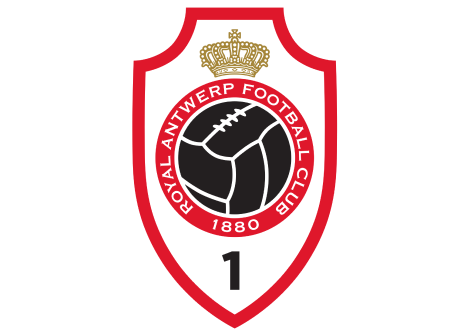The VfL Wolfsburg executive, and former Germany international, exclusively shares his secrets with TransferRoom on what ingredients make for a successful Sporting Director.
Our goal is always to bring all your employees onto the same page, to motivate them, to lead them, to develop them. You need to be always open to different ideas, to learn from different influences and not to say ‘I know everything’. Because nobody knows everything, even after 10 or 20 years in your job.
After spending a decade in Lower Saxony as a player, Marcel Schäfer is a VfL Wolfsburg legend. Until recently he held the club record for appearances by an outfield player and captained the side to the 2009 Bundesliga title and 2015 DFB Pokal Cup.
He returned to the club in 2018 to begin his Sporting Director career, since which time the club have finished in sixth, seventh and fourth position, qualifying for this season’s UEFA Champions League.
Now in his fourth season as a Sporting Director, what has the 37-year-old learned about the role?
-
Know the Game
“For sure you need to have a soccer IQ,” says Schäfer, who made close to 500 club appearances over a 15-year career. “Players, systems, techniques. That knowledge base is very important.
“But you cannot plan everything in football. There are always challenges, so the experiences from years of playing or working with different coaches are equally important. You will have many highs and lows, even in a single season. What experiences can you draw on to help you?”
-
Set standards
Schäfer, in his own words, is a hands-on Sporting Director, and on a daily basis is very close to the team and the coaching staff.
Therefore, he says: “Be authentic, be yourself and try to be an idol for everyone in your staff. If you request passion and discipline and do everything to achieve the club’s goals, you need to be the idol. You need to be the first person in the office and the last one to leave. My door is always open. If an employee has any issue, they can always come to me. I request a lot, but I support a lot.”
-
Learn to delegate
Having the courage of your convictions is vital as a leader, but equally so is being aware of your own limitations.
“Soccer is more and more a business. And no business is a one-man show. I was always a team player and I’m definitely a team player in my job,” Schäfer explains. “You need people around you who, to be honest, are way better than you because they are the experts. The athletic coach, for example, is way more of an expert in the athletic department than me. But still you need to be able to challenge them, try to develop them as leaders and, not to criticise, but to have controversial discussions and conversations with them.
“Recruitment around the team is as important as the recruitment of the team. The staff around the team has a huge influence.”
-
Get to know your employees
“Leadership is a challenge at a football club,” he adds. “You need to know how to handle a football team, and it’s way different to how you lead the employees around the team. Every person is different and you have to handle them in different ways: know how to understand them, develop them, support them, speak to them.
“That is always a challenge, and I've always said I want to be a person who never stops learning. If I stop learning in my job then that is the first signal to say I have to finish it.”
-
Have an open mind
Part of that learning process is taking inspiration from other people and walks of life.
“I’m very lucky that I have a CEO [Jörg Schmadtke, Managing Director of Sport] who is a long term manager in the Bundesliga. So he has lots of experiences to share,” Schäfer notes.
Wolfsburg is a rarity in German football, in that it is owned 100% by a corporation, in this case car manufacturing giant Volkswagen. That means Schäfer has direct access to executives at Germany’s largest employer, and it’s an opportunity he has not let pass him by.
“You have to be always open to listen, to learn, even from other businesses. In conversation with VW top management, I can learn a lot because it’s always insights from different managers. Our goal is always to bring all your employees onto the same page, to motivate them, to lead them, to develop them. You need to be always open to different ideas, to learn from different influences and not to say ‘I know everything’. Because nobody knows everything, even after 10 or 20 years in your job. Open your mind.”
Book an intro call
Trusted by decision makers from 800+ clubs worldwide















































































/SWEDEN/Malm%C3%B6%20FF.png)





































